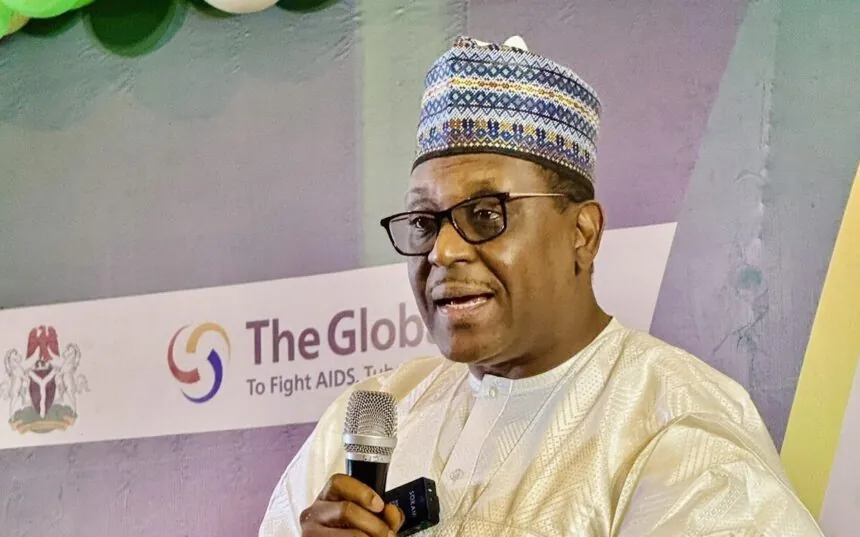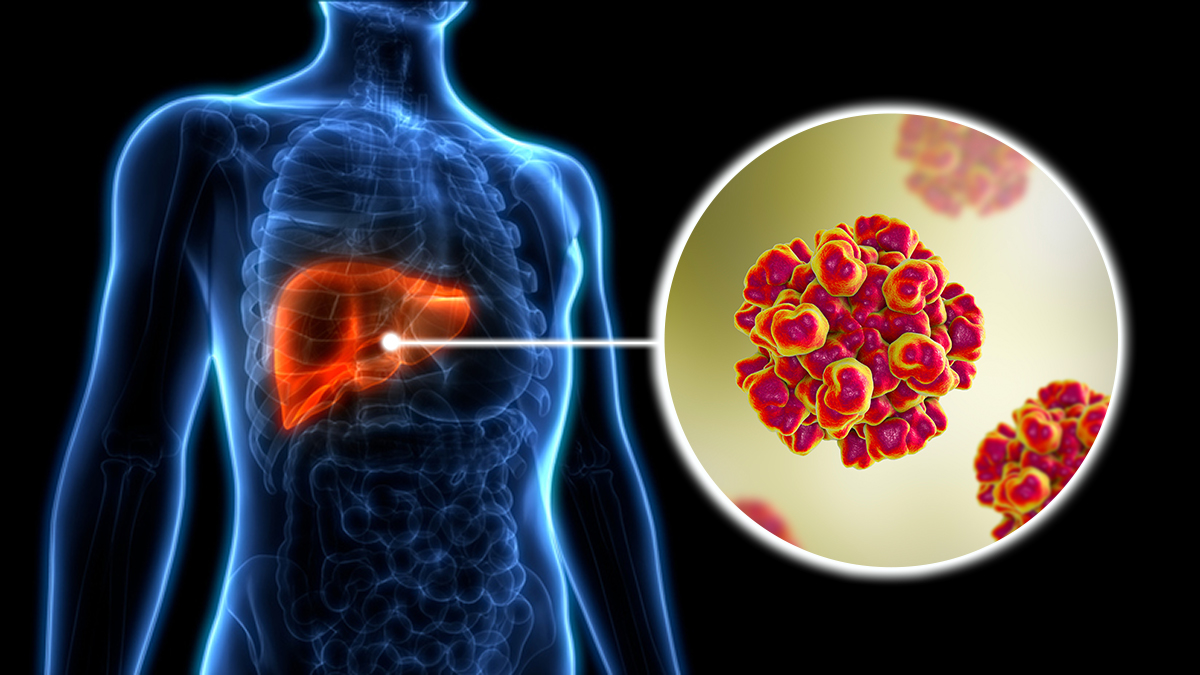The Federal Government of Nigeria, through the Federal Ministry of Health and Social Welfare, has officially launched Project 365, a nationwide campaign aimed at eliminating hepatitis B and C by the year 2030.
The announcement was made on Monday during a ministerial press briefing held in Abuja to mark World Hepatitis Day 2025, themed Hepatitis: “Let’s Break It Down.”
Speaking at the event, Professor Muhammad Ali Pate, the Coordinating Minister of Health and Social Welfare, revealed that over 20 million Nigerians are currently living with hepatitis, 18.2 million with hepatitis B and 2.5 million with hepatitis C. He warned that more than 90% of infected individuals are unaware of their status and often mistake the symptoms for malaria.
Represented by Dr. Godwin Ntadom, Director of Public Health at the Ministry, the Minister said the virus leads to over 4,200 deaths from liver cancer annually and causes huge economic losses estimated at 13.3 trillion naira to 17.9 trillion naira each year.
To address this public health challenge, the government has introduced Project 365, a year-round plan to scale up screening, vaccination, diagnosis, and treatment services, especially in underserved and rural communities. The project will also support existing efforts to eliminate mother-to-child transmission of hepatitis, HIV, and STIs.
The campaign also includes several key reforms, such as the creation of a Viral Elimination Fund, increased government funding for hepatitis programmes, tax incentives to encourage local production of vaccines and medicines, and legislative support to expand access to diagnostic and treatment services nationwide.

“These steps are important to make hepatitis drugs more affordable and accessible, while supporting local manufacturing,” said Prof. Pate. “We can no longer carry the burden of being one of the worst-affected countries. Now is the time to act.”
Also speaking at the briefing, the National Coordinator of the Hepatitis Control Programme, Dr. Adebobola Bashorun, said the campaign will involve community-based testing, vaccination for those who test negative, and free treatment for hepatitis C patients. He urged adults above 21 who missed the hepatitis B birth vaccine to get tested and vaccinated.
The National Orientation Agency (NOA) pledged to take the awareness campaign to the grassroots. Representing the agency, Mrs. Adaugo Ngwu said the NOA will work with civil society to educate the public on prevention and treatment.
International partners, including the World Health Organisation (WHO) and the Clinton Health Access Initiative (CHAI), praised the government’s commitment. They highlighted Nigeria’s plan to integrate hepatitis services into existing health systems as a strong and sustainable model.
With Project 365, Nigeria signals a serious move to eliminate hepatitis as a public health threat, ensuring that access to testing, treatment, and protection becomes a right for all citizens.


 Trending
Trending 
